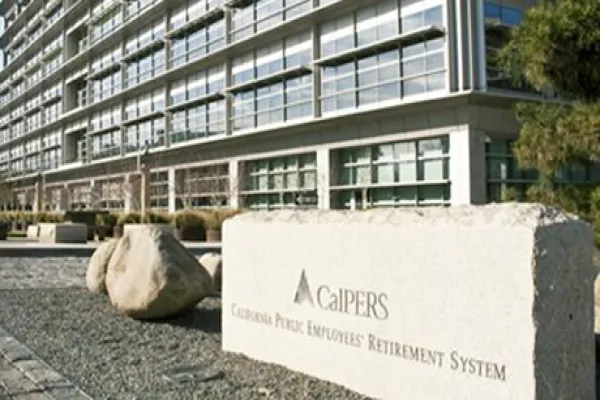In 2018, the Los Angeles County Employees Retirement Association began asking prospective asset managers about diversity.
The questionnaire — given to managers that responded to LACERA’s requests for proposals — asks for details on who implements firm diversity policies, how many confidential settlements or non-disclosure agreements are related to workplace sexual harassment or discrimination, and whether firms conduct a pay disparity analysis.
LACERA is not the only asset allocator to make diversity and inclusion questions an explicit part of the request for proposal and search process. For instance, in current requests for proposals both the Illinois State Universities Retirement System and the Ohio Public Employees Retirement System included questions on diversity.
“We want to influence practices and measure progress over time because we believe that diverse and inclusive teams correlate with better performance,” Jonathan Grabel, LACERA’s chief investment officer, said by phone Friday.
Even in the two years since LACERA implemented the survey, Grabel observed that times have changed in terms of how asset managers view diversity and inclusion. Following the protests that erupted last summer in the wake of George Floyd’s death, a new urgency emerged among asset owners to do what they could to demand change, he said.
For many, that meant looking into the diversity and inclusion practices at the asset managers they already worked with. Yale Investments Office’s CIO, David Swensen, for instance, penned a letter to managers in October, seeking data on diversity.
Meanwhile Jason Lamin’s Lenox Park Solutions, a technology firm that offers a tool to help allocators measure manager diversity, has seen an uptick in business in recent months, as allocators like the Kresge Foundation and the California Public Employees’ Retirement System seek to learn more about diversity at the asset management firms they work with.
After the 2020 protests, there was “this general reluctance for organizations to simply be able to put out a press statement, affirm their principles, turn the page, and move on,” Lamin said by phone. “Governing bodies like boards or allocators of capital are starting to say, ‘What are the structural things that are in our control where we can exert influence here in a tangible way?’”
The allocators Lamin works with generally use the firm’s scoring system to assess their current managers, but he said one of the firm’s clients is also starting to use it as a part of their RFP process.
[II Deep Dive: The New ‘FICO Score’ CalPERS and NY Common Are Using to Push Managers on Diversity]
At LACERA, Grabel said the investment office is taking a multifaceted approach to addressing diversity.
“We believe that diligence is perpetual,” Grabel said. He pointed to LACERA’s quarterly manager scorecard, which rates private markets managers based on performance, fees, ESG, and other factors, as one way that the pension continues diligence over time.
Diversity is included as a factor in the scorecard’s organization and operations category. In that category, there are three possible scores a manager can receive: S+, which is the best; S, or S-. Just seven of the retirement association’s over 90 managers received the worst score, the most recent scorecard shows.
But the RFP process is important, too. LACERA’s diversity questionnaire, which is included in a larger set of questions and assessments related to general fund performance and operations, is five pages long.
It asks managers not only about their internal practices but also about how they evaluate diversity at their portfolio companies or the fund managers they engage with.
It also asks each manager to lay out details on the ethnicity of its board, executives, investment professionals, and investment support workers. The survey additionally asks managers to include the percent of total compensation that Black, Asian, Native, and multiracial investment professionals receive at the firm.
Grabel said that most managers respond to the diversity questionnaire.
“We really want to probe and to the extent that someone doesn’t respond, it begs follow-up questions and we do follow up,” Grabel said. “Just a no-response is somewhat telling. We really look to engage and have a conversation.”







